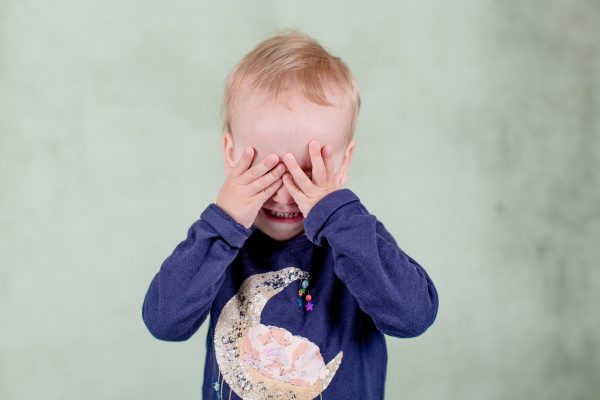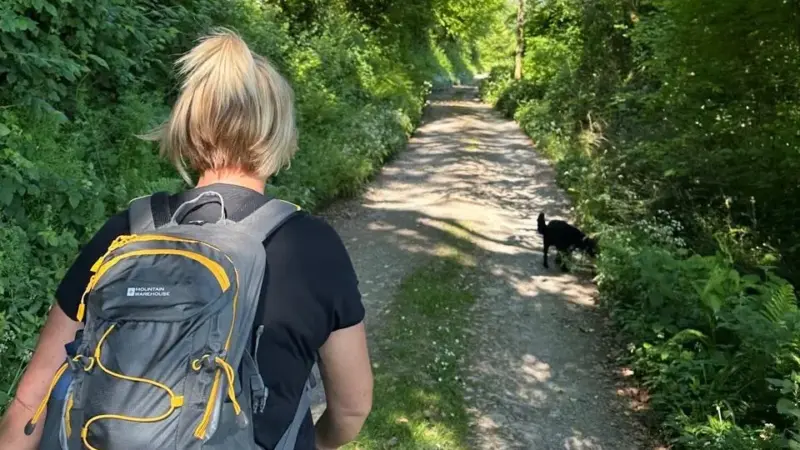Biting is a troubling topic for many parents. And although it is relatively common amongst young children and toddlers, it is still greatly stigmatised.
So to help break the stigma, we are unpacking all things biting. We will explore the common causes of biting, how to stop your child from biting and how to prevent biting in the future.
So, without further ado, let’s dig in:
What causes children to bite?
If you want to learn how to stop your child from biting, you must first understand why they are biting.
The truth is children bite for a whole host of reasons. Sometimes, it can be as innocent as exploring the taste/texture of a new object. Other times, the motivation is different. To help you understand why your child is biting, here are some of the most common causes for biting:
- Teething – biting down on something can help relieve some of the pressure/discomfort in a child’s gums.
- Attention – when children crave attention but don’t know how to ask for it, they can act out to trigger a response.
- To understand cause and effect – young children are naturally curious. They might bite someone/something just to find out what happens.
- Coping mechanism – some children (especially those with Sensory Processing Disorder) need oral stimulation to help them self-regulate and relieve anxiety.
- Communicate – articulating emotions like anger or frustration is incredibly difficult for young children. Biting can demonstrate how they feel without saying a word.

How to respond sensitively to biting
If your child has bitten someone else, it’s important to address the behaviour immediately. Here are six actionable steps you can follow to address biting and minimise distress:
- Be calm and firm. Immediately say ‘no biting’ or ‘stop, biting hurts’. Make your instructions clear and easy to understand.
- Comfort the child who was bitten by validating their feelings. Offer them your full attention and assess whether they need medical attention.
- Discuss the implications of biting. In a clear, unemotional voice, explain that biting not only hurts people but upsets them too. Point this out by drawing attention to the victim and their pain/upset.
- Ask the child what they can do to make the person they bit feel better. Suggestions like finding their favourite toy, book or friend are all welcome. Sometimes offering a hug straight after the incident can make the victim feel uncomfortable, so always ask for their permission first. We want to encourage positive actions here as some young children won’t fully understand remorse or what it means to be sorry just yet.
- Ask the biter what happened. If you want to understand how to stop your child from biting someone again, you must understand why they felt the need to bite someone else in the first place. Try to understand their motivation whilst acknowledging their emotions and comforting them if need be.
- Come up with different solutions to these emotions/situations. Instead of biting, discuss a range of ideas for handling similar feelings or scenarios in the future. For example, if someone takes your toy in the future, you will find another toy/ask for it back/go and tell an adult. It’s really beneficial for children to offer their own suggestions here.

For more help on biting and responding sensitively, download our full guide for free here.
How to prevent biting in the future
Once you understand the motivation behind your child’s actions, you can explore how to stop your child from biting altogether. For example, if the problem is teething, you can invest in some teething rings. However, in the likely case biting is an emotional response, here are some ideas for how to stop your child from biting:
- Explore non-verbal communication – if your child struggles with communicating their emotions, try using facial expressions. That way, they can still express their emotional needs even if they can’t articulate them.
- Create a calm zone – if your child is anxious or overstimulated, having a quiet space can help them decompress.
- Talk about their feelings – give your child plenty of opportunities to discuss their emotions, both good and bad. Use these conversations as opportunities to explore how to handle emotions healthily.

Be empathetic
If your child is biting, the chances are they’re suffering themselves, so it’s important to respond calmly and empathetically. Only then can you find the root of the problem and work together to find a better solution.
For more help on biting and responding sensitively, download our full guide for free here.
At Schoolhouse Daycare, we enjoy learning, encouraging confidence and we love life! If you think your child would enjoy life at Schoolhouse, then please do not hesitate to arrange a visit.



